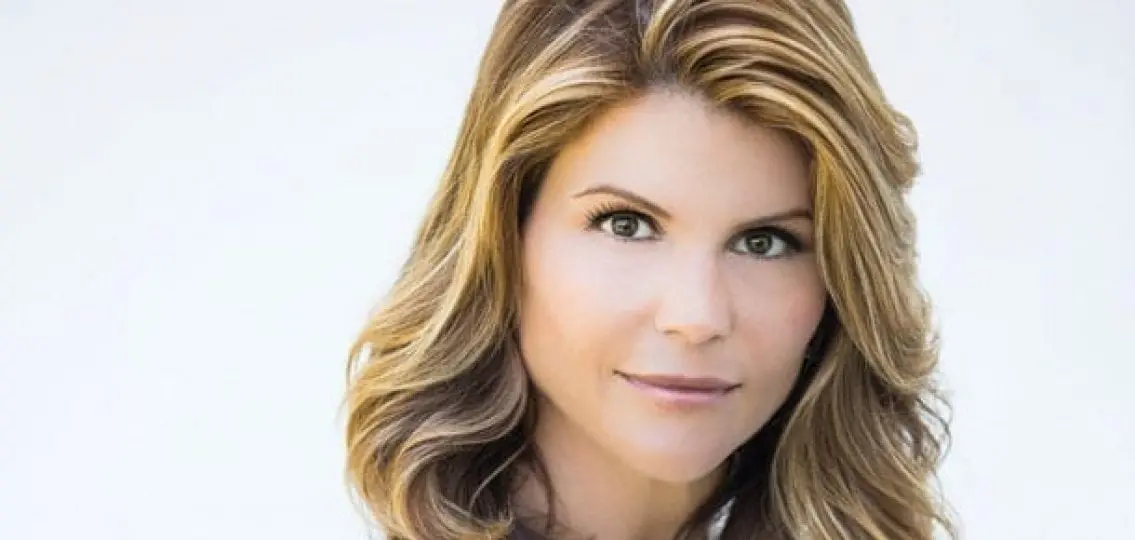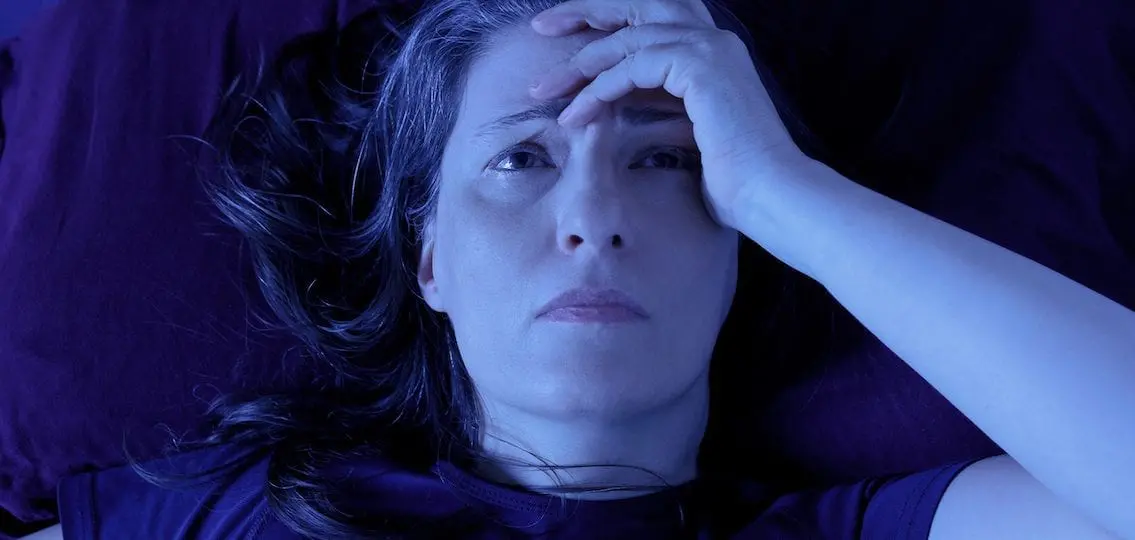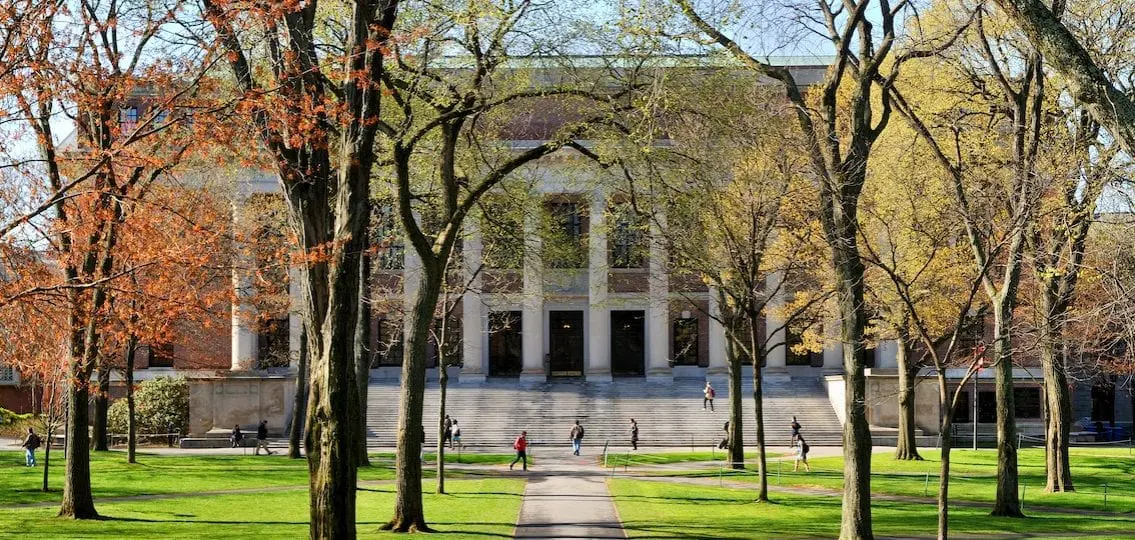The FBI usually doesn’t get involved in parenting. That’s because most of us don’t commit massive crimes in the course of parenting—unlike the powerful, rich, and famous parents who were accused this week of bribing and cheating their kids into prestigious colleges.

It’s a juicy, gossipy scandal that makes us justifiably angry, and it’s tempting to leave it at that. But underneath the trappings of Hollywood and extraordinary wealth are a litany of failures we can all relate to. Failures we may have engaged in ourselves, even if we did so far more innocently and with the best of intentions.
6 Ways Parents Have Failed:
1. We overvalue achievement.
A few years ago, in a Harvard-led survey of 10,000 kids, 80 percent of the kids said their parents cared more about their academic achievement than whether they were kind. Maybe those kids were mistaken about their parents’ values. Maybe our own kids are, too. What are our words and actions telling our children about what makes us proud? Ask them what they think you value more, and make sure they know it’s their character.
2. We seek status over substance.
A number of the parents that were accused of committing fraud were likely incentivized by brand. They wanted their kid to attend a school like Yale or Stanford. And whether or not we’d be fine with our own teen attending a less selective school, there are still times when we are attracted to status. Maybe we want our kids to be part of the popular crowd? To be recognized as the star? What would bother us more: if our kid really won a competition and the other kid was wrongly declared the winner, or if our kid was declared the winner when they didn’t deserve it? Sometimes we need to take a step back. The prizes and rewards are not the kid.
3. We think the rules don’t apply to us or our kids.
When our kid misses a deadline for an important assignment or gets caught in wrongdoing at school, do we step in and try to see if the rules can be bent? Do we think consequences are for suckers who can’t (or don’t try to) get out of them? If they haven’t learned this already, it’s time for our kids to learn it now: Our actions have consequences. When we make mistakes, we can try to make them right, but we can’t escape them or pretend they didn’t happen.
4. We value our own kids over other people’s kids.
Did these cheating parents stop to think that their kid was stealing a spot from another kid who actually earned it? Of course we love our own kids best. But that doesn’t mean our kids are more special or important than other kids. It starts early: In kindergarten, some parents hold their kids back a year simply because “it’s better to be the oldest.” Are we trying to get our kids what they truly need, or are we trying to get our kids an advantage over other people’s kids?
5. We do too much for our kids.
The lesson these pampered kids learned from their parents? I can’t do it myself. Every time we say, “Here, let me do it,” we are teaching our own kids that, too. Instead, we can teach them to clean up the broken glass themselves. We can teach them to call the teacher or coach. We can teach them to cook and clean and shop and budget and plan and do their own homework and all of it. If we don’t, we will be the ones who taught them that they’re helpless.
6. We don’t let our kids fail.
If it’s a serious situation, you better believe we’ll all be stepping in to help our kids. We’re not going to let them experiment with drugs just to teach them a lesson about failure. But college isn’t that. Most things aren’t that. So what if they can’t get into an Ivy League school? They really can figure out how to succeed wherever they are in life. Not everything is a crushing tragedy. Learning how to recover from setbacks—whether they’re our fault or not—is key to a happy life. Making things easy for our kids now will, in the long run, make their lives harder.

It’s time to take a look at what all of us—ordinary, well-meaning parents—are doing to our kids in our quest for their success. We all love our kids. We all make mistakes. Perhaps our mistakes aren’t nearly as expensive or reckless as the college fraud in the news, but we can do better.




